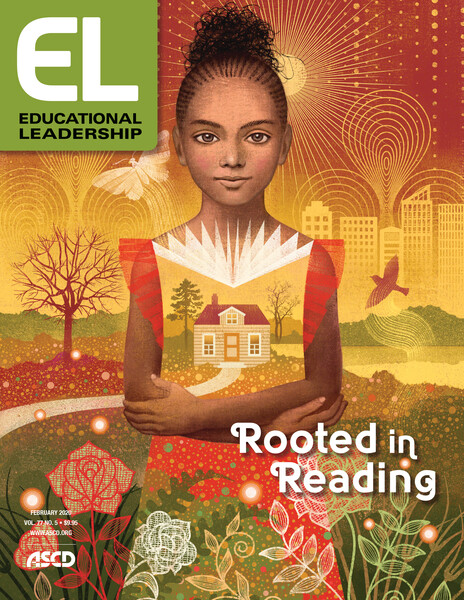The International Literacy Association has issued a research brief emphasizing the importance of explicit phonics instruction in early grades reading. The brief comes in the wake of news reports on the "science of reading" that raised questions about schools' commitment to phonics instruction.
Learning to read is "not magical," the brief states, pointing to a stream of research showing that detailed instruction on letter-sound relationships is key for early reading growth. The brief notes that, to be effective, phonics instruction must be "explicit and systematic": principles should be directly stated to students and instruction should follow a comprehensive scope and sequence. The ILA paper also recommends the use of controlled, or "decodable," texts to help students apply their skills.
The ILA suggests that, while the research on phonics is widely acknowledged, it has often been inconsistently applied in schools. "Some phonics instruction is random, incomplete, and implicit," the brief states. "Other instruction is overdone and isolated, devoid of extensive application to authentic reading and writing needed for mastery." Common causes of poor phonics instruction include lack of teacher training and knowledge, unbalanced lesson pacing, overreliance on "skill-and-drill work," and inadequate assessment practices.
A Workshop Perspective
In some particulars, the ILA's brief is echoed in a recent 9-page statement on the reading-science discussion by Lucy Calkins, the founding director of the Teachers College Reading and Writing Project. Calkins is an influential proponent of the reading workshop model, which has faced skepticism from some phonics proponents.
In her statement, Calkins affirms that "there should be no debate about the fact that children should be taught phonics, and that the phonics education they receive should be planned, systemic, and based on research that is widely available on this topic." This is especially the case for students with dyslexia, she says, who need "structured multisensory phonics support." She encourages schools to prioritize teacher professional development in phonics.
However, Calkins also argues that young children need instruction in a range of literacy skills, including in vocabulary, writing, and comprehension, and cautions against top-down implementation of phonics-centric approaches "at scale."
For reference, she cites the example of the federal Reading First program, an intensive, NCLB-era phonics initiative that had a limited impact on student performance. The problem with Reading First, Calkins says, citing literacy scholar Jim Cunningham, "was not that it taught phonics, but that phonics was largely all it taught."
Sources: International Literary Association. (2019). Meeting the challenges of early literacy phonics instruction. Retrieved from https://bit.ly/35TUDZt
Calkins, L. (2019). No one gets to own the term "the science of reading." New York: Teachers College Reading and Writing Project. Retrieved from https://bit.ly/2P3Sioe






